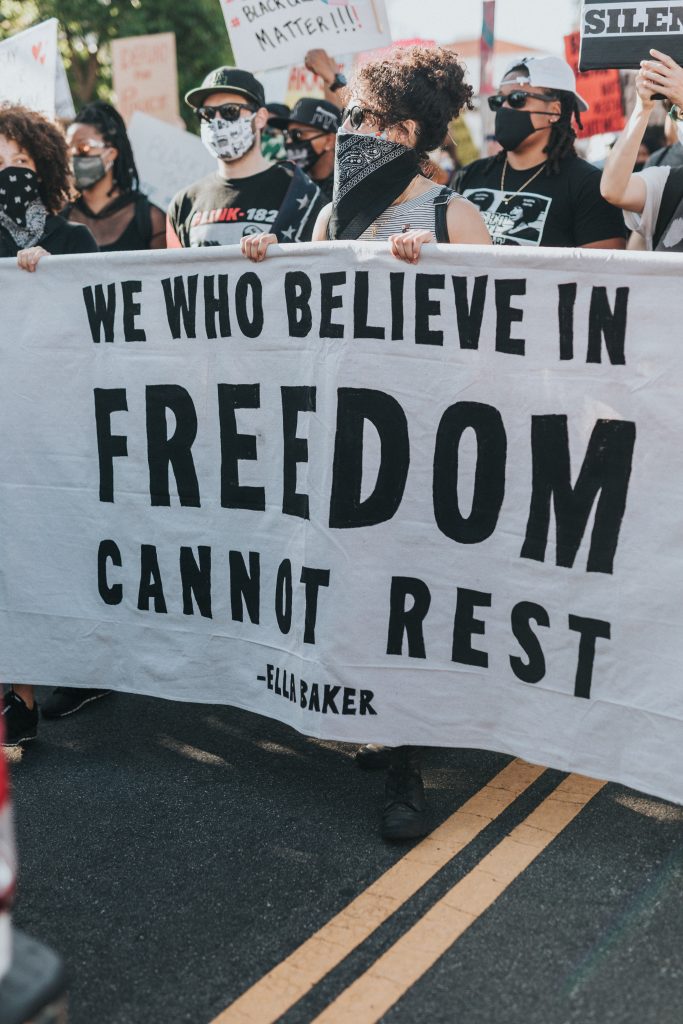We are committed to supporting human rights defenders and prisoners of conscience. But what rights are prisoners of conscience protecting or advancing? What do they do to defend them? And more importantly, why do they need our support or protection?

What are human rights?
Human rights are basic rights and freedoms inherent to all human beings. They recognise and protect the dignity of every person in the world, from birth until death. They are documented in the Universal Declaration of Human Rights and in related conventions, declarations and regional instruments. Some examples include freedom of speech, political association, religion, and sexual identity.
So, what are human rights violations?
A human rights violation is the disallowance of any of these basic rights and freedoms. When human rights aren’t protected, or are blatantly disregarded, they are violated. Violations exist in every part of the world. For example, some leaders are stopping fair elections, meaning people in a country can only vote for one person. Violations may be committed directly by the state, or come about as a result of the state indirectly failing to prevent the violation. Human rights abuse can also be committed by non-state actors, such as rebel groups, individuals and corporates.

Who are human rights defenders and prisoners of conscience?
Our definition of a prisoner of conscience naturally includes human rights defenders.
Prisoners of conscience are individuals who act to protect or advance human rights. This includes human rights activists who aim to make the world a better and fairer place by peacefully protecting our common rights. Some examples of the acts of human rights defenders and prisoners of conscience include raising awareness of abuses through the media, or peacefully protesting to lobby people in positions of influence. However, there is not just one way to protect human rights. Prisoners of conscience come from all walks of life, and undertake a diverse range of activities.
Why do they need our support?
Unfortunately, there are many dangers that come with being a human rights activist and prisoner of conscience. In 2019, a human rights defender was killed every four days in Colombia1. If a state or group believe that their authority is compromised, or their reputation called into question, they may target these individuals. The persecution of human rights defenders and prisoners of conscience is a major international problem. Many are held in harsh conditions, and are deprived access to adequate healthcare. As well as persecution, people who defend human rights could face harassment, bullying, and intimidation. They may also experience violence, sexual abuse, torture, and murder.
As democratic governments and global organisations charged with upholding human rights seem increasingly powerless to stop the tide of human rights abuses by authoritarian states, it is often the bravery of ordinary men and women that upholds the human rights of all of us.
– Gary Allison, Director. Prisoners of Conscience.
To learn more about our impact, and the support that we offer human rights activists and those who uphold human rights, see our impact report 2022/23.